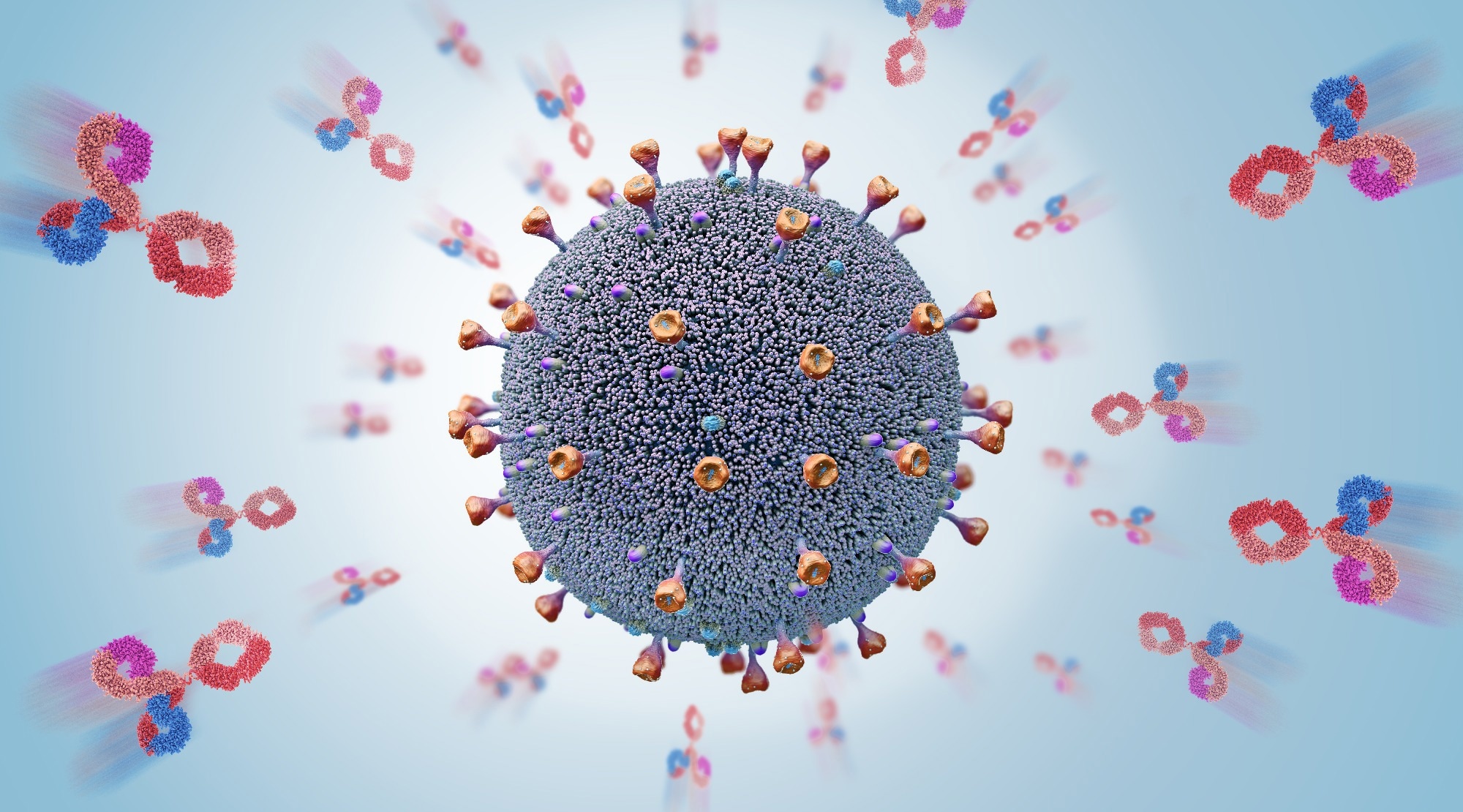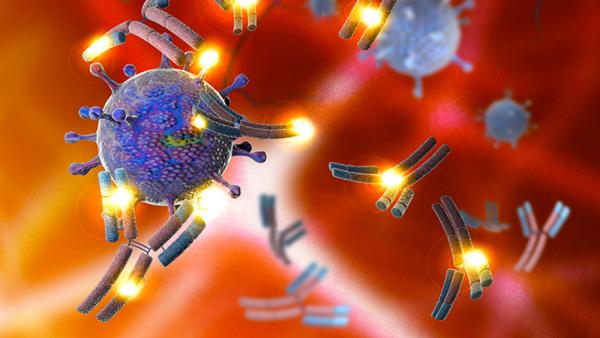The signaling proteins Key actors known as chemokines control how immune cells interact with infections and malignancies. Different methods have been developed to detect chemokine-producing cells in order to comprehend this intricate network. It is yet impossible to identify which cells respond to these chemokines, though. A novel class of genetically modified mice has been created by researchers at the University of Bonn and the University Hospital Bonn (UKB) that allows for the simultaneous identification of sensors and chemokine producers. They found that the chemokine Ccl3’s role in the immune system’s defense against viruses is different from what was previously thought, using it as a “proof of principle”. The Journal of Experimental Medicine has officially published their findings.

Chemokines play a crucial role in regulating our immunological response to infections. The chemokine Ccl3 was examined in greater detail by researchers from Bonn in order to comprehend how these signaling proteins coordinate immune cells. They examined its function in coordinating the immune response to cytomegalovirus (CMV) infection, which can result in serious illnesses in immunocompromised people, using a novel technology called Ccl3-EASER mice. “Previously, it was believed that specific macrophages, which occupy every organ as immune protectors, generate Ccl3 to draw in antiviral immune cells,” explains Prof. Dr. Christian Kurt’s, a co-senior author and the director of the UKB’s Institute of Molecular Medicine and Experimental Immunology (IMMEI). Additionally, he belongs to the Cluster of Transdisciplinary Research Area 3 (TRA 3) “Life & Health” and theft Immunosensation2 Excellence at the University of Bonn.
NK cells function as sensors and chemokine makers.
“However, during CMV infection, we actually found that the natural killer cells, or NK cells for short, are the most important Ccl3 producers,” explains Prof. Dr. Natali Garbo, co-senior author and head of the UKB’s IMMEI research section. Additionally, he is a part of the University of Bonn’s Immunosensation2 Cluster of Excellence. Native K+ (NK) cells are white blood cells that have the ability to kill virus-infected bodily cells directly. The researchers discovered that NK cells are always in alert state, prepared to produce Ccl3 quickly. The body sends out a warning signal for a viral infection by releasing type I interferon.

NK cells function as sensors and chemokine makers.
“However, during CMV infection, we actually found that the natural killer cells, or NK cells for short, are the most important Ccl3 producers,” explains Prof. Dr. Natali Garbo, co-senior author and head of the UKB’s IMMEI research section. Additionally, he is a part of the University of Bonn’s Immunosensation2 Cluster of Excellence. Native K+ (NK) cells are white blood cells that have the ability to kill virus-infected bodily cells directly. The researchers discovered that NK cells are always in alert state, prepared to produce Ccl3 quickly. The body sends out a warning signal for a viral infection by releasing type I interferon.
Article Source news-medical


